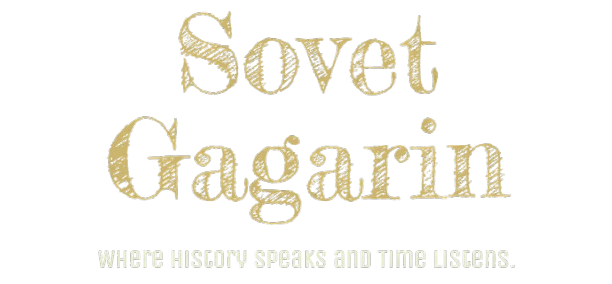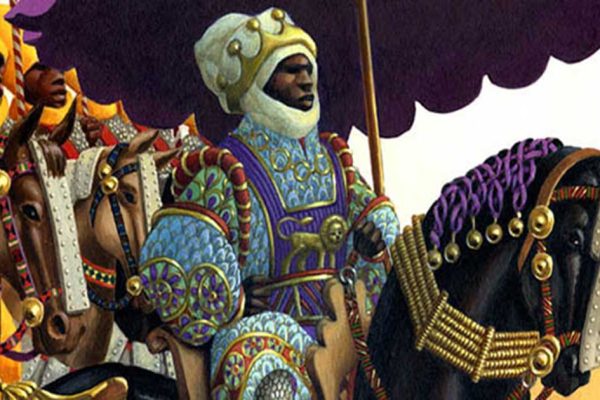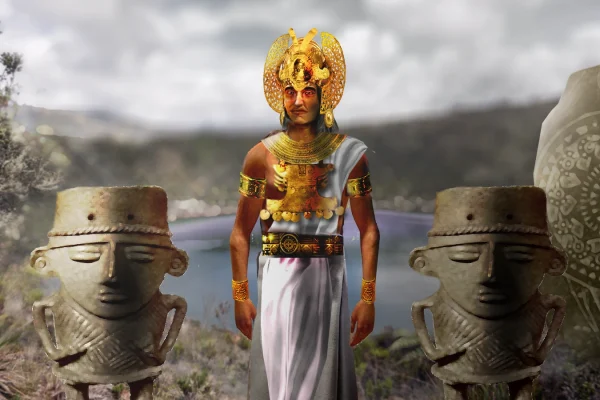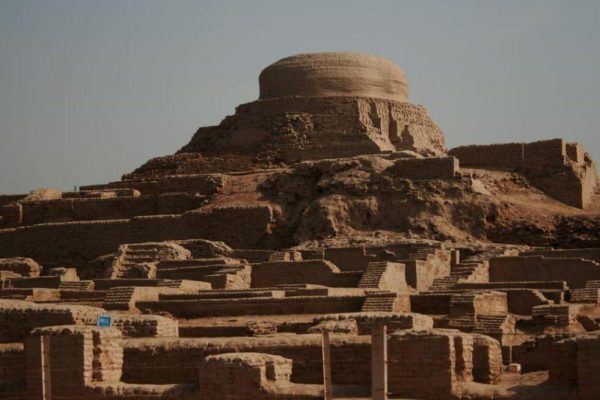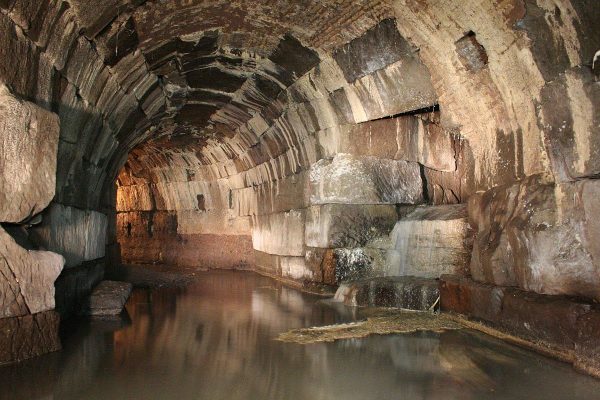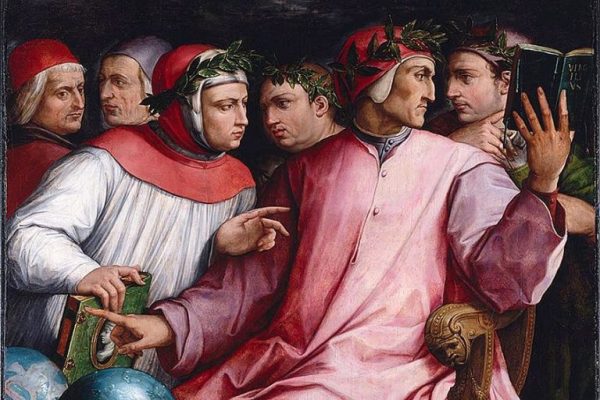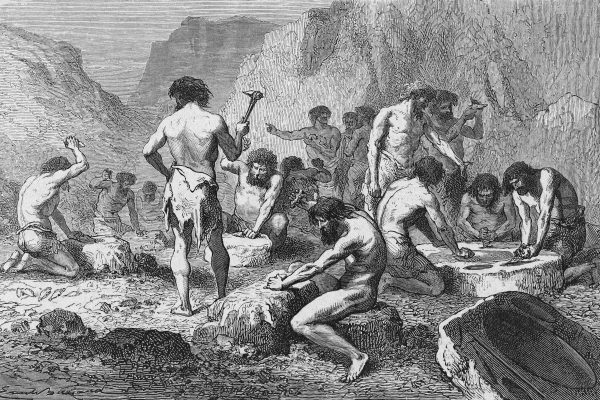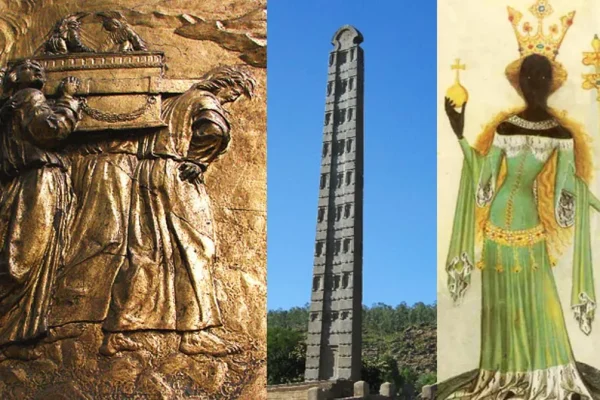
The Kingdom of Aksum: Africa’s Forgotten Empire of Trade and Innovation
Long before the rise of medieval Europe, the Kingdom of Aksum flourished in what is now Ethiopia and Eritrea. From the 1st to the 7th century CE, Aksum was a major trading empire that connected Africa, Arabia, and the Mediterranean world. Its ports along the Red Sea gave it access to trade routes stretching from…
